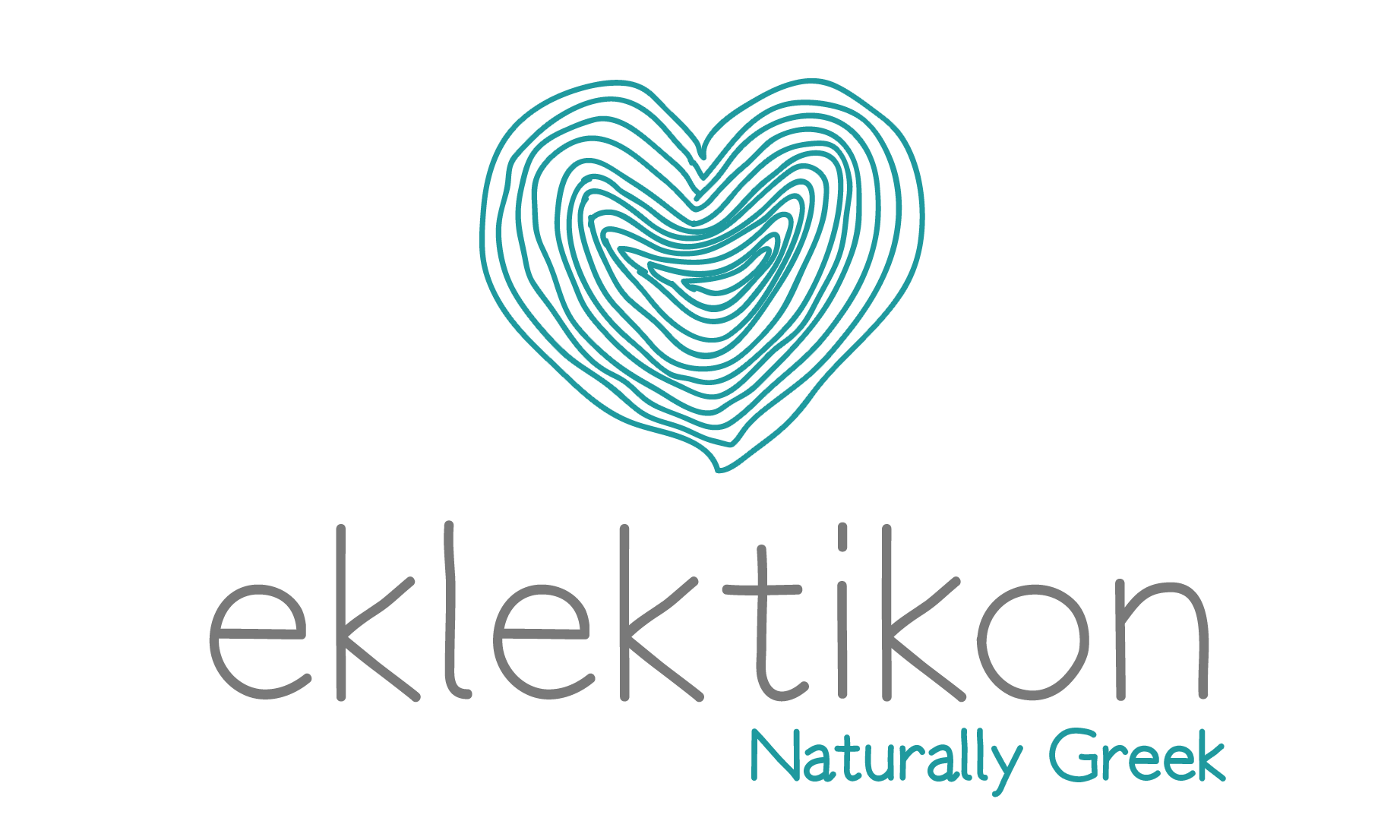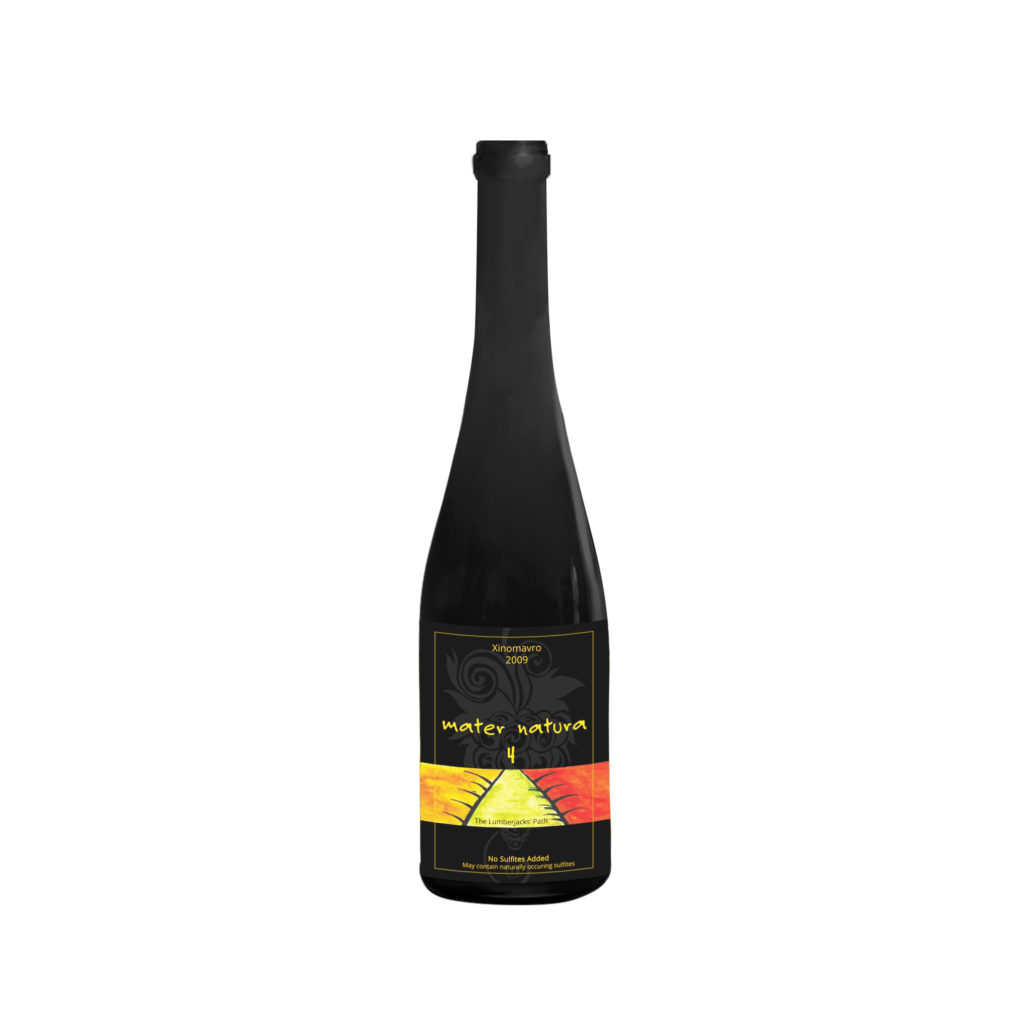Mater Natura is the naming scheme of Vasilis Vaimakis’ natural and zero-added-sulfite Greek wine series, where the vinifications and the numbers don’t repeat themselves. Mater Natura 4 is an almost zero-sulfite Xinomavro, which shows the raw dynamic of, perhaps, the most impressive red Greek variety, with the greatest ageability and phenolic richness.
- Grower: Vaimaki Family
- Vintage: 2009
- Grapes: Xinomavro 100%
- Appellation: Varietal Wine
- Alcohol: 12.5%
- Bottle: 750ml
- Viticulture: Organic (non-certified)
- Vinification: A completely natural wine, from the impressive Xinomavro grape, without any additional yeasts, additives, chilling, or intervention. A few sulfites were used at bottling, and it aged for 12 months in neutral French and American oak.
- Notes: Intense small red fruits and the typical varietal “gooseberries” on the nose, with mild tannins and a long aromatic aftertaste.


